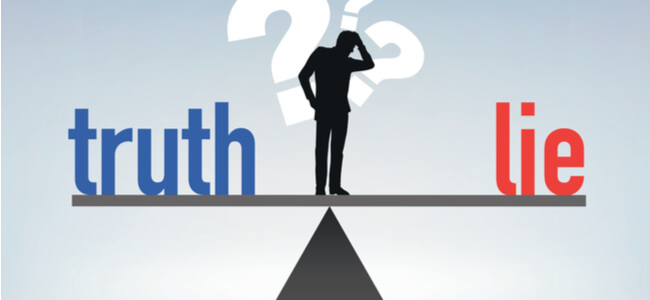Everything You Need to Know About Y-DNA Testing

Out of the 46 chromosomes in every human cell, 44 are autosomes and two are sex chromosomes - X and Y.
Accordingly, a female child inherits two X chromosomes from her father and mother.
While the genetic material undergoes reshuffling with every fertilization, the Y-chromosome is passed down without any changes.
Consequently, if there are no male children in a generation, the Y chromosome disappears from the lineage due to being ‘daughtered out’.
Read on to explore the nuances of the Y-Chromosome test that make it vital to genetic genealogy research.
What Is Y Chromosome DNA Testing?
Also called a Y-DNA Test, Y-Chromosome testing is a type of genetic ancestry examination that analyzes the Y chromosome.
If you test for maximum markers in a Y chromosome analysis, you can discover the ethnic origins and ancient migration paths of your ancestors too.
What are the benefits of Y-DNA Testing?
Besides the importance of Y-DNA testing in genetic genealogy, three groundbreaking benefits of testing the Y chromosome are detailed below.
Discover Patrilineal heritage
Given the Y-DNA of every sampled male is identical to the father, the grandfather and so on, testing the male sex chromosome Y can trace ancestry for thousands of years. For adopted males, testing Y-DNA opens an opportunity to discover more about their own origins.
Realize Misattributed Parentage
If a male’s DNA doesn’t match with his father or relatives, a break will be noticeable in the Y DNA test.
This is referred to as a Non Parent Event (NPE) or misattributed parentage.
It happens in a range of 1-2% in the general population.
Y chromosome testing also helps to clarify if two ancestors have male familial relationships like brother, cousins, nephews or father-to-son.
Pinpointing Geographical Origin
Another perk of Y-DNA testing is that it can recognize where exactly on the map your ancestors started from.
Once you collect genealogy data from multiple relatives, you can pinpoint the ancient migration paths of ancestors too.
Types of Y-DNA Testing
The two ways to study more about Y DNA are as follows:
- Y-DNA Short Tandem Repeat testing: An STR test is an initial test used to infer the unique genetic sequences, DNA signature, or personal haplotype of the sampled person.
- Y-DNA Single Nucleotide Polymorphism testing: SNP is used to study the Y chromosome in detail to uncover information about the haplogroups.
Who Should Take the Test?
First, because females don’t inherit the Y chromosome, they’re ineligible for this test.
On the flip side, females can ask their male relatives to take the test if they want to discover more about their shared patrilineal ancestry.
The best way to find out if the relative you choose shares an unbroken line of Y chromosome ancestry with you is by making a family tree.
Top Three Y-DNA Testing Services for You
Seeking the right place to test your Y-DNA? Here are the three popular Y chromosome DNA testing companies to choose from:
Family Tree DNA
Boasting one of the biggest databases essential for Y-DNA matching, Family Tree DNA is a 20-year old business that offers three STR tests for Y chromosome analysis.
- Y-37: Priced at $119, this test examines 37 markers.
- Y-111: Costing $249, this test analyses 111 markers.
- Y-700: By buying this test for $449, you can check over 700 markers.
Living DNA
Although this genetic testing service doesn’t offer any Y-DNA matching, males who do autosomal testing at $79 will receive an insightful ‘Fatherline report’ about their Y chromosomes.
It will detail the inferences about the haplogroups you can use to learn more about your ancestry.
23andMe
Just like Living DNA, this testing service doesn’t offer Y-DNA matching yet.
However, males who sign up for their Ancestry Service or Health + Ancestry Service testing kits at $199 will receive a report of the paternal haplogroups.






